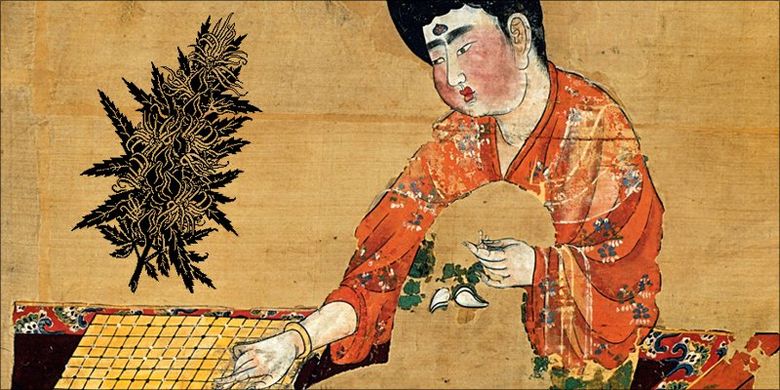Report: Asia’s medical cannabis market will swell to $5.8 billion in value by 2024
“From a financial standpoint, as the world’s most populous region, the legalization of cannabis could encourage robust economic growth across the region, buoyed by both local and international demand,” said the Managing Director at Prohibition Partners, Daragh Anglim
Based on detailed findings recently published in the Asian Cannabis Report, legalizing weed in Asia could significantly bolster the economy.
By the year 2024, researchers say that the medical cannabis market in Asia will be valued at an estimated $5.8 billion. This is based on a report by cannabis industry data analysis firm Prohibition Partners, which predicts that two of the most valuable cannabis markets in Asia will be China ($4.4 billion) and Japan ($800 million) within the next five years.
Merged, both markets will make up 90 percent of the market share in Asia, where some 86 million people consume the plant annually.
Seven major markets emerging as potentially powerful players in Asia’s weed industry
China, India, Thailand, South Korea, Malaysia, and Japan all look set to get involved in the world of weed in the foreseeable future, says Prohibition Partners’ team of analysts. The analysts believe that the number of medicinal cannabis consumers in Asia will grow quicker than other places on the world map, including much of the United States, that have already welcomed legalization.
“A regulated legal cannabis market could be transformative to patients, farmers and economies across Asia. From a financial standpoint, as the world’s most populous region, the legalization of cannabis could encourage robust economic growth across the region, buoyed by both local and international demand,” said the Managing Director at Prohibition Partners, Daragh Anglim, prior to the rollout of a regulated legal weed market in Asia.
Cannabis originated in the Tibetan Plateau
Who would have thought that, despite Asia’s strict laws surrounding cannabis use, sale and possession, the leafy green plant originated on Asian soil?
It’s true; according to a team of researchers from Middlebury College, the University of Vermont and the University of Nottingham in Ningbo, China, there is proof that cannabis originated in the Tibetan Plateau.

Medical cannabis use was first recorded in ancient Chinese pharmacopeia some 2,000 years ago. It seems that old habits die hard on Planet Earth’s largest and most populous continent.
Even though cannabis has been illegal in China since 1985, the plant is now being widely cultivated for its potent cannabinoids; primarily, the non-psychoactive chemical compound cannabidiol (CBD).
China’s not the only Asian country to jump on the green bandwagon, with Thailand’s parliament bestowing a “New Year’s gift” to the Kingdom’s people when it legalized cannabis for medical purposes on December 25, 2018. Other Asian countries are sure to follow suit once they see the financial benefits of legalization.
“As demand for CBD rises internationally, China has a huge opportunity to capitalize on this emerging market and help to shift opinions in favor of the therapeutic effects of different cannabinoids, which could stimulate economic growth, jobs, and taxes throughout the region,” said Anglim.
The entire report, which was published on May 9, can be downloaded here.








